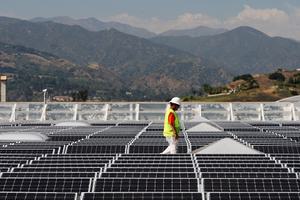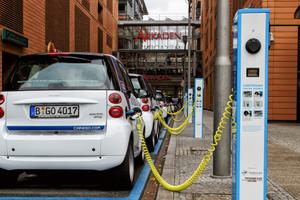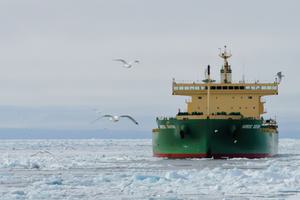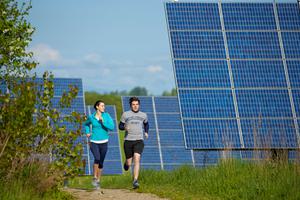Solutions
-
Before the Storm
A Vulnerable Community Braces for the Impacts of Sea Level Rise
-
Full Speed Ahead
Shipping Plans Grow as Arctic Ice Fades
-
African Wetlands Project
Are ‘Blue Carbon’ Projects a Win for the Climate and the People?




















